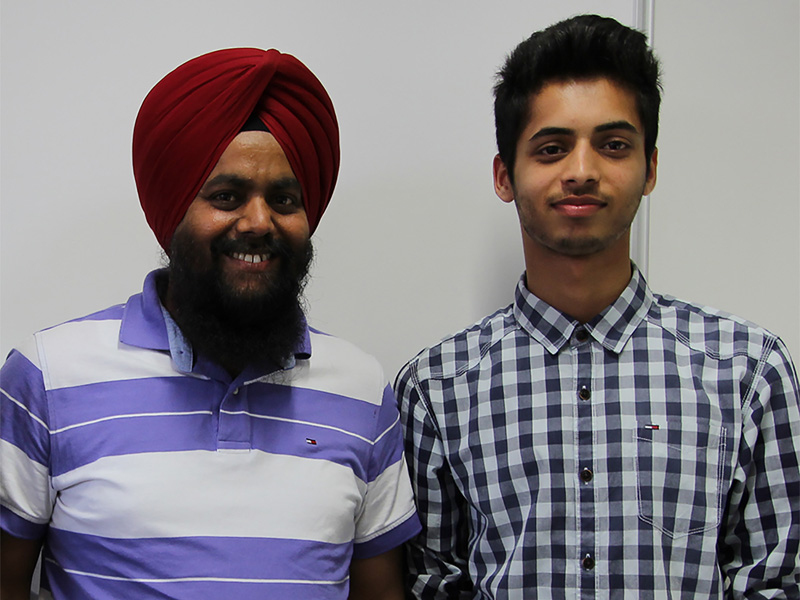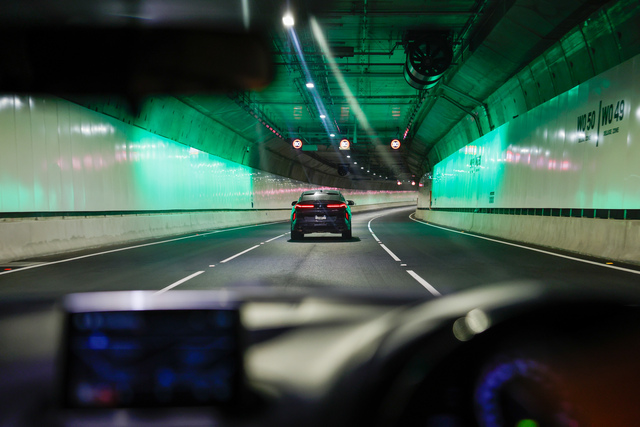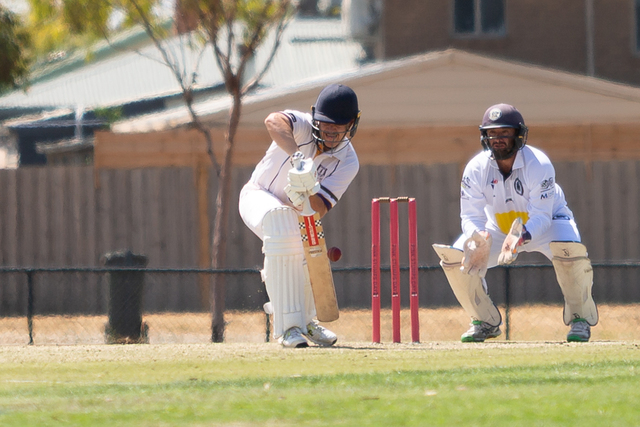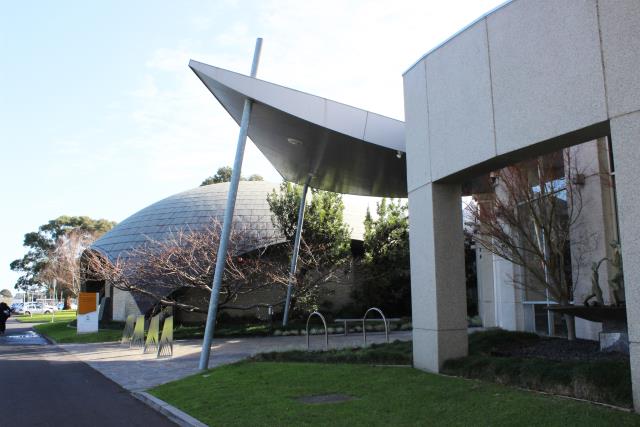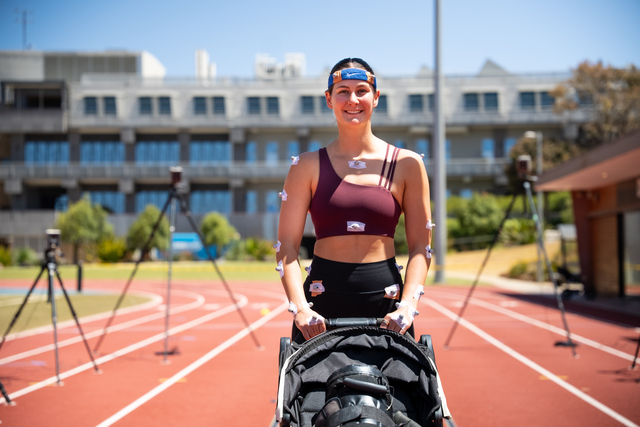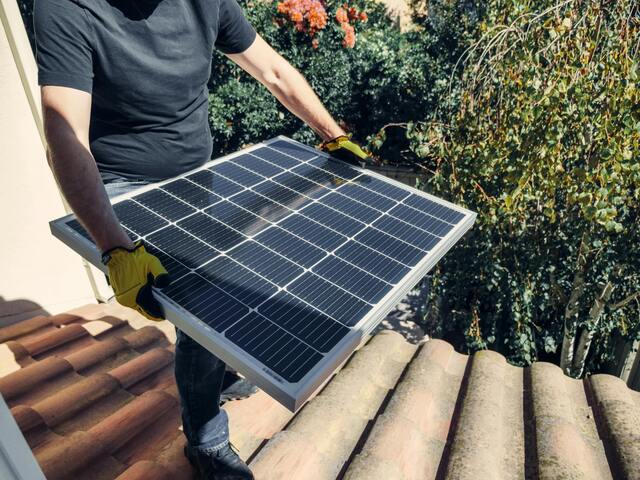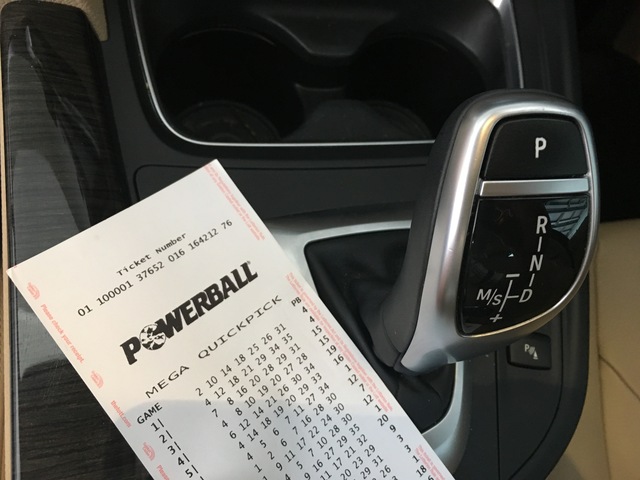India-born members of Hobsons Bay’s two fastest-growing religions, Sikhism and Hinduism, have reported experiencing racism and discrimination.
With people born in India representing the biggest group of new arrivals to the municipality, census data recorded a growth of 986 Hindus and 711 Sikhs from 2006-11.
Samridha Iyer, of Altona Meadows, is one of the 1639 people born in India who settled in Hobsons Bay during this time.
“One day I was parking, when a woman launched a racial attack on me and even jumped out of her car to knock on my car window and abuse me,” she said.
“When I asked her why she was so angry, she said: ‘You Indians need to get back where you came from’.
“I saw that she had a baby in her car and I thought about how she was teaching hatred to her baby. There was a tremendous hatred towards me, she was preaching anger. It was her spontaneous reaction … hatred.
“Anti-racism should be taught in schools, with parents taught to teach their children, because children pick it up from the parents.”
Ms Iyer is taking part in an art project against racism, Behind this Smile, in which 12 residents tell their stories about how racism impacted them.
Laverton father and son, Pargat and Lovepreet Singh, have told of their experiences as Sikhs.
Lovepreet recounts the moving story of the day he asked his father if he could stop wearing a turban.
“Our whole community is suffering because the majority of people don’t know anything about Sikhism,” he said.
“They see the turban and they don’t know what it is. They think it’s wrong and it’s not normal.
“I stopped wearing the turban at school so that I could have friends,” he said.
“I remember when I came home from school and asked my mother and father if I could stop wearing the turban and cut my hair. My father said that was the saddest day in his life.”
Lovepreet hopes that by raising awareness of the Sikh faith, the next generation will be treated “normally”.
“The most important part of being who we are means accepting all, but so often we hear people say you weren’t born here, you don’t belong. Our roots are strong, and we only ask to be treated as normal, as we would treat you.”

